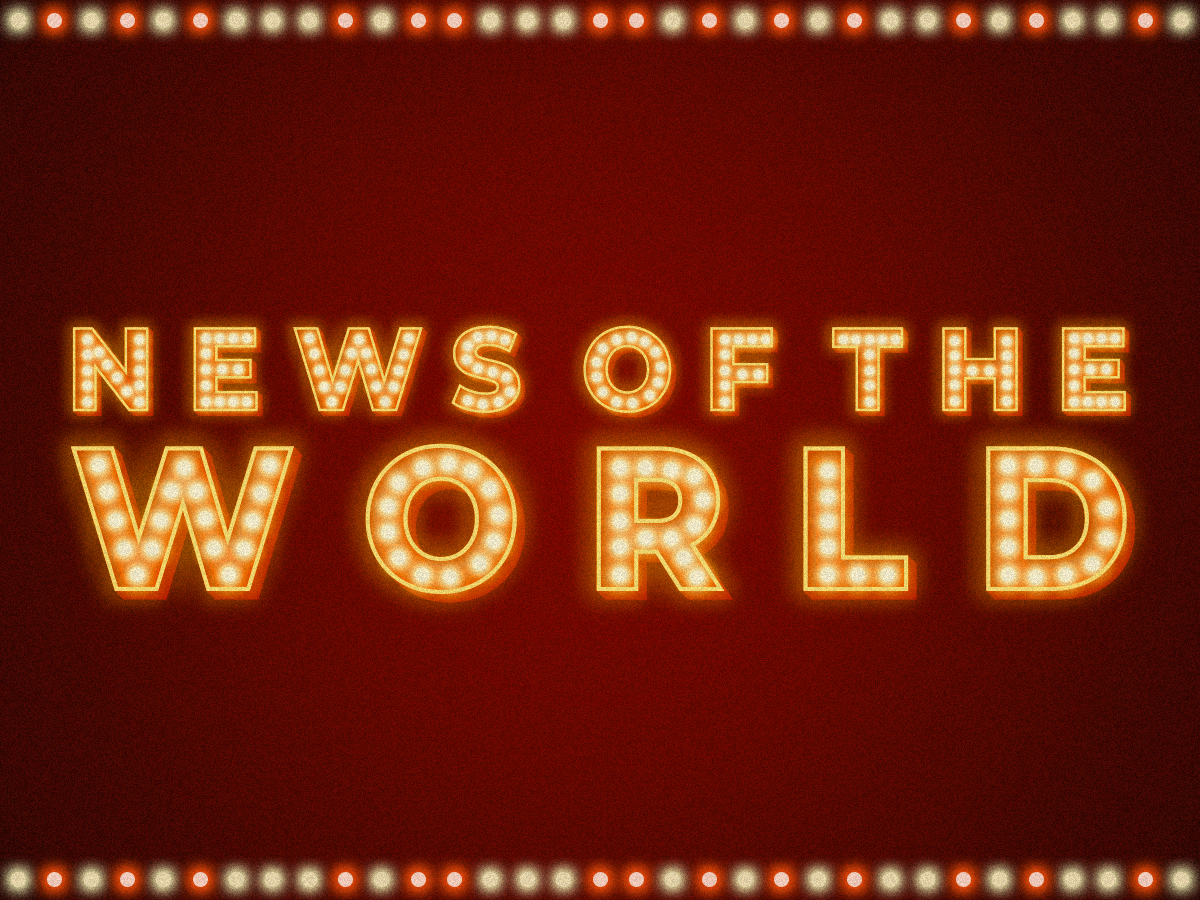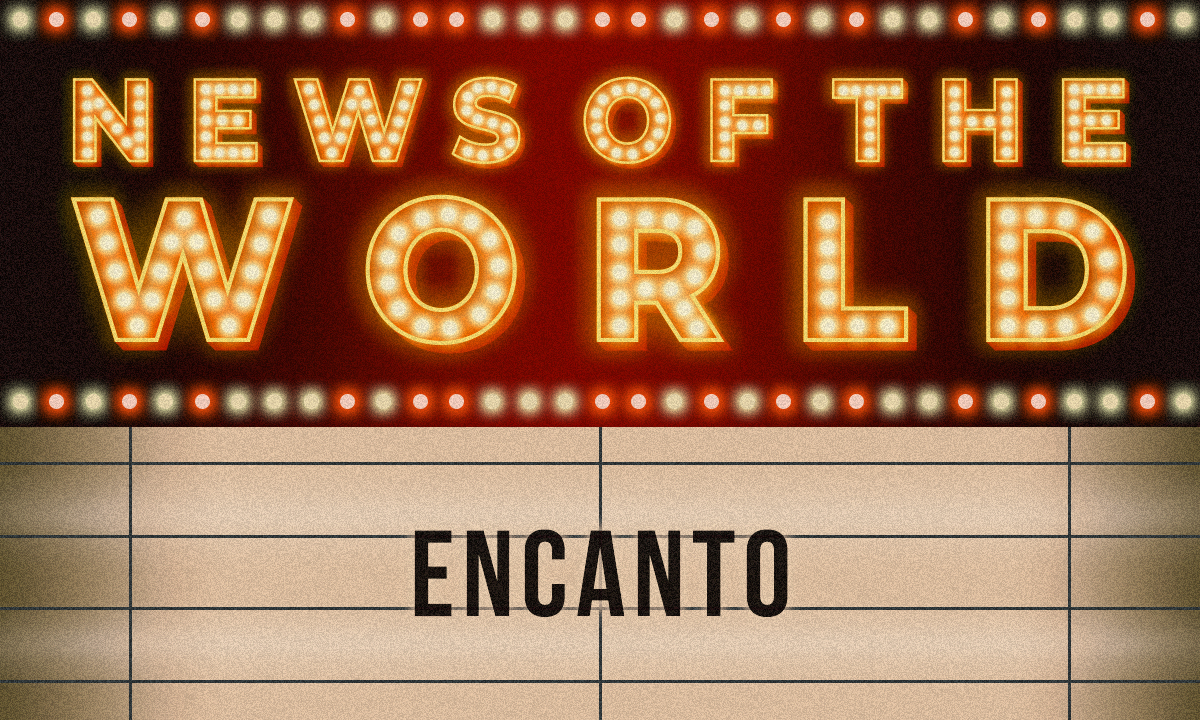
It’s doubtful anyone could’ve expected Encanto to dominate the Billboard charts in early 2022. Disney’s 60th animated feature, the film was released in theaters on November 24 last year and premiered on Disney+ a month later in time for Christmas. And the movie, along with its soundtrack, are making history. It reached 200 million hours of total viewing time faster than anything else on Disney+ and has even returned to theaters. The soundtrack, meanwhile, has spent five weeks at the top of the Billboard 200 as of February 19. “We Don’t Talk About Bruno,” the track to receive the most attention, has been sitting atop the Hot 100 for three weeks now. It’s the first time a song from a Disney animation has reached number one since “A Whole New World,” from Aladdin did in 1993. Unlike that song, however, which was the de facto theme song and marketed as a single, “We Don’t Talk About Bruno” is special because it’s the kind of musical ensemble number typical of Disney’s animations. What’s more, the album’s racked up 130 million streams over the past few weeks, maintaining a pace that makes it difficult for any notable artist’s new album to unseat it from the number one spot. The explosive popularity of OTT (over-the-top) services like Disney+ has led to a group of listeners that streams the same songs on repeat.
What’s made Encanto such an unusual case? Or, to put it another way: What’s different about Encanto? The film tells the story of a diverse cast of characters in one Disney animated feature. To judge by the trailer, it looks just like any other story: a magical family, with one girl who lacks any powers, who face a crisis together where they could lose their magic, and the girl goes on to resolve their problem. But you have to watch the movie to see what makes it different. Mirabel, who didn’t inherit any magical abilities, never leaves the village; she doesn’t cross the ocean on a raft or make it out as the sole survivor and save the world. Instead, all the conflict is within the family. They solve their problems by confronting them directly and admitting to their faults.
Although the movie is about magic, once all the metaphors are pushed aside, it portrays a realistic situation that anyone can relate to: having siblings with skills and the one without any, plus a whole other generation of talented family members, and the adult who considers those abilities the pride and joy of the family. The movie sends a message about realistic problems several times: first, when one character with a special power confesses the traumatic pressure she’s experienced from the burdensome responsibility that comes along with her abilities; second, when someone disappears after feeling shame arising from a misunderstanding suggesting their power was causing harm to others, and then that character has to be located again; and third, above all else, when the adult seeks forgiveness after revealing that they’re the root cause of all the pain. Abuela Alma’s husband made a sacrifice that gave the family their powers, and so she feels a great sense of responsibility to protect the village because of those powers. But she doesn’t use that as an excuse for her actions. She apologizes directly and asks for forgiveness.
So how about the soundtrack? Encanto’s music was written by Lin-Manuel Miranda, most famous for his musical Hamilton, which successfully tells the story of early US history through modern hip hop. He used his specialties to give Encanto the sounds of a wider variety of pop music than found in typical Disney musical numbers. In short, the whole movie feels as modern as the technology that went into it. It’s even touching that audiences have discovered the film in a new way through streaming services rather than in theaters and supported it that way. Perhaps it’s because, rather than the humor and spectacle intended for the kind of group experiences had at movie theaters, this movie befits the sort of personal reflection one might have watching it on TV at home.
Unauthorized reproduction and distribution prohibited.
- [NoW] Vinyl Me, Please2021.06.25
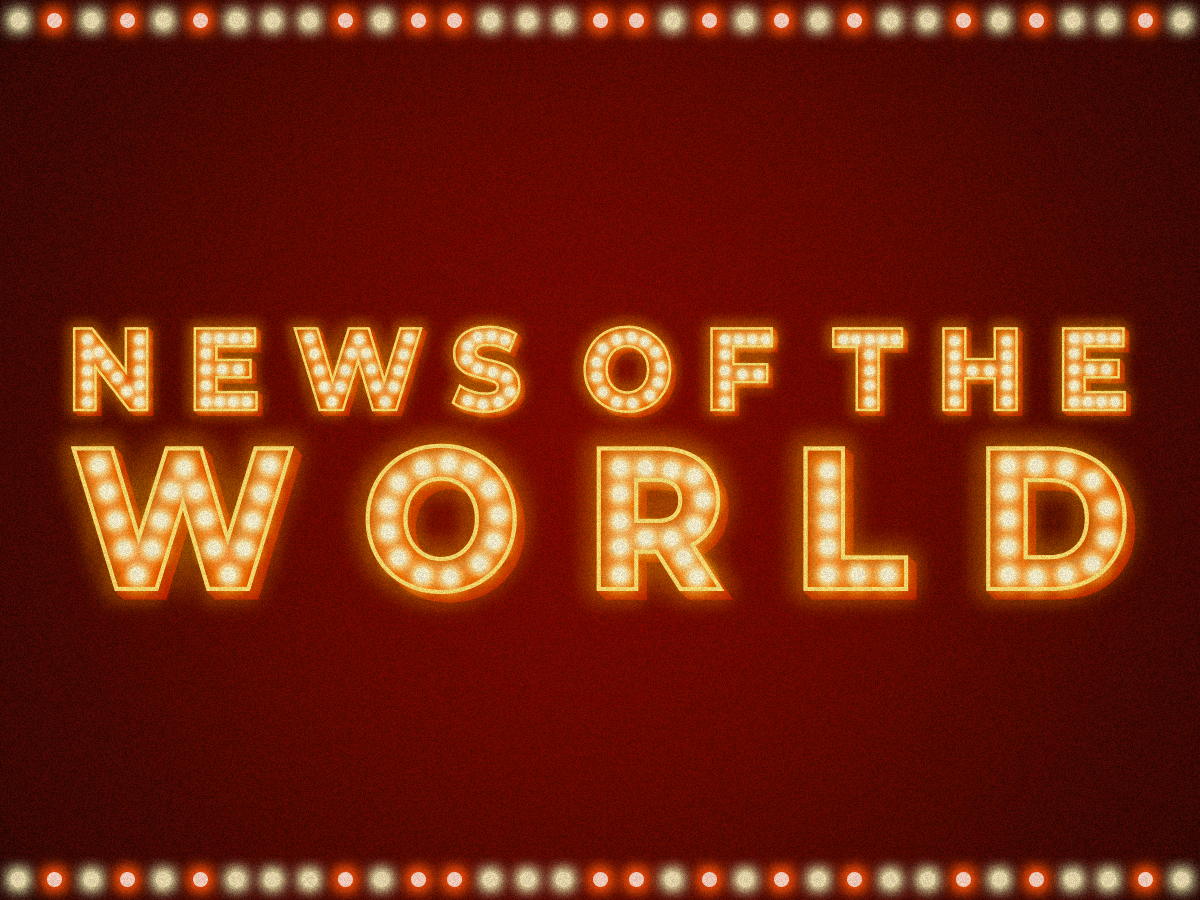
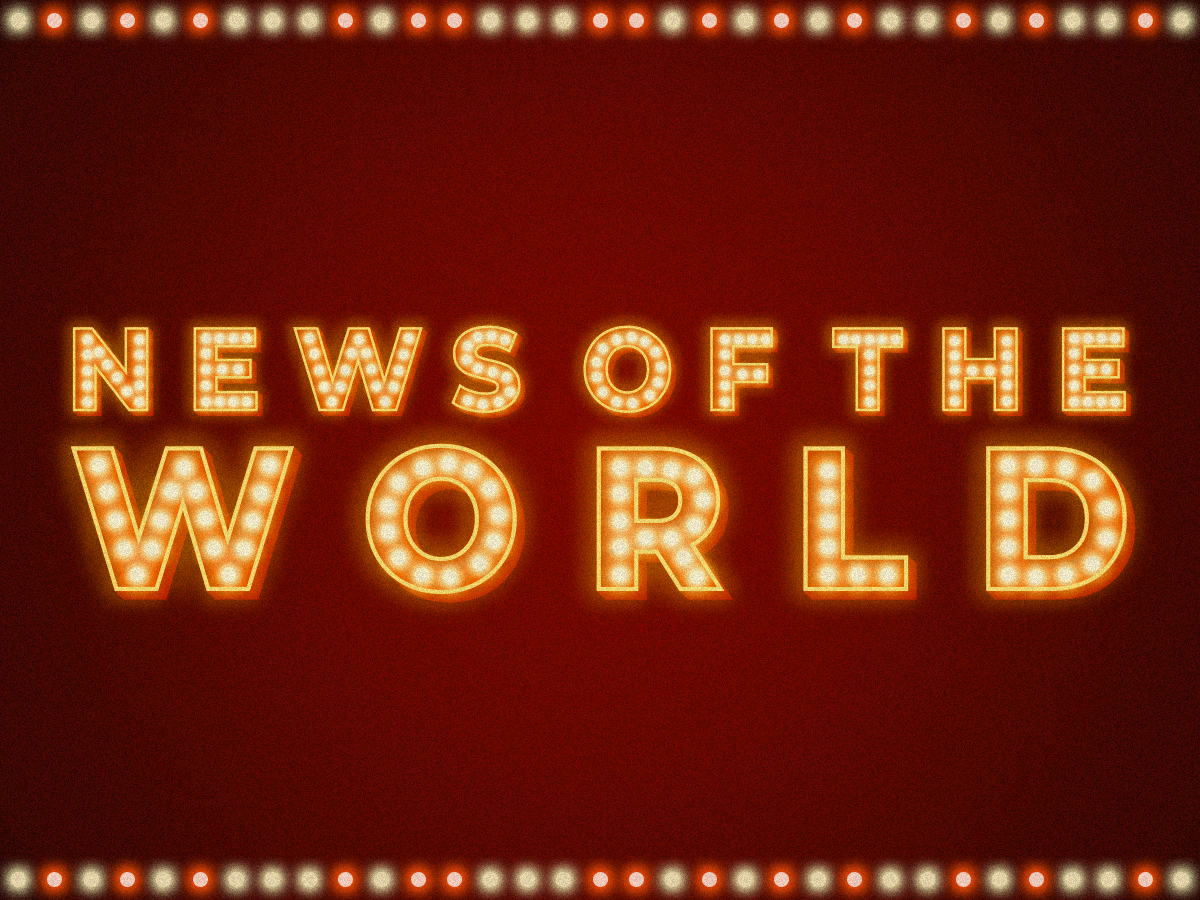
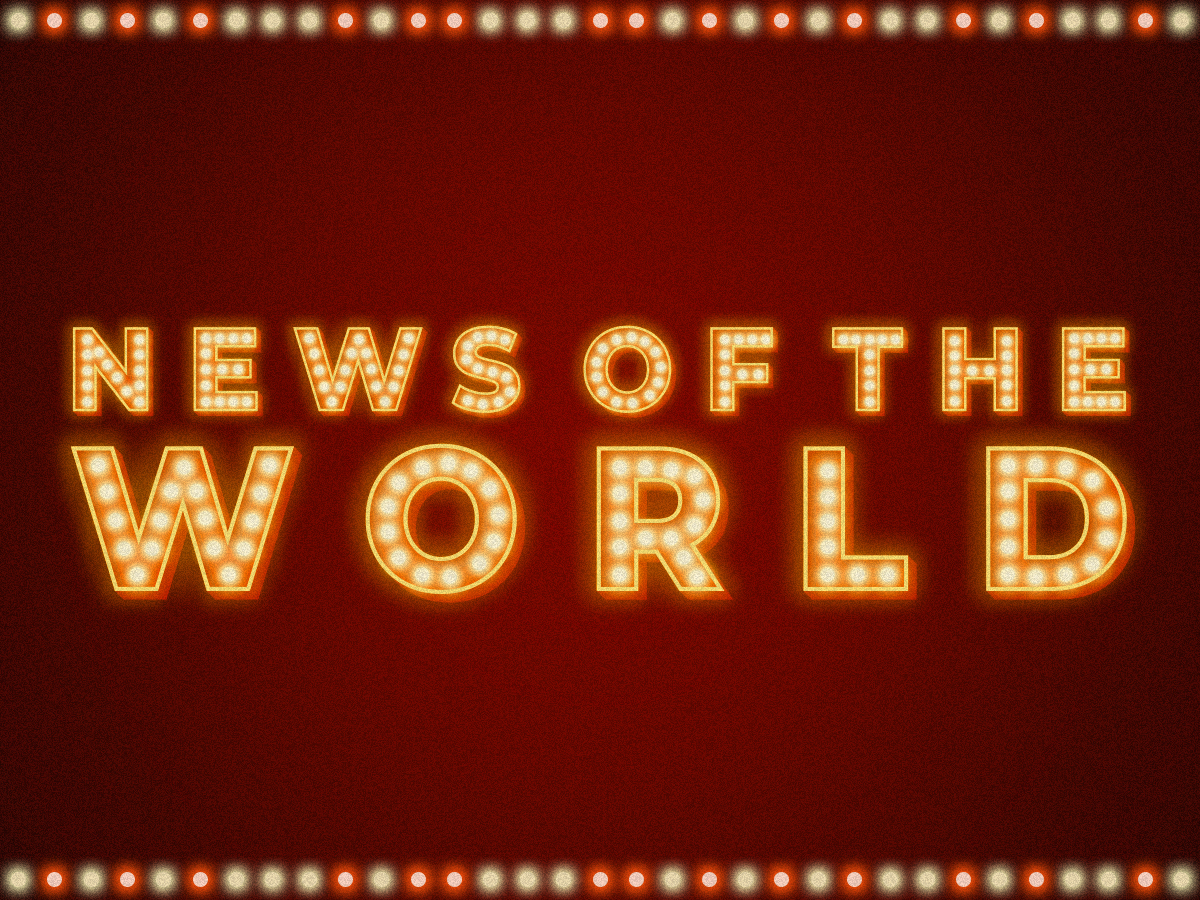
- [NoW] Drake’s strategy2021.09.17


- [NoW] The return of ABBA and after2021.11.12

- [NoW] Taylor Swift’s Ten-Minute Song2021.12.10
